Thursday, February 07, 2008
Kerja Kosong Hari Ini - www.GNAds4u.com/jobs
Search now from over 6758 listed Jobs
GNJobs4U helps you find the right Job in Secretarial & Office, Sales & Marketing, Information Technology, Engineering & Technical, Managerial & Supervisory and more industries...
Bineid
jobscan
IME
clarendon
xperts
ASIC
jobsme
Scrap Trading
Ad group
le meridien khobar
iq selection
regional account director
head of private wealth management
Barclays Bank
Bank openings
virgin airways
Torus
Mindfield
Shimizu
Cartel
Emirates Flight Catering
Ikea
Emirates Cabin Crew
Highway Engineers
Kershaw Leonard
Euroasia
Distinctive
Perfume Manufacturing
Bacme
Charterhouse
Edge
supermarket
Talent
Arabian Construction
Synergy
Dulsco
GNJobs4U helps you find the right Job in Secretarial & Office, Sales & Marketing, Information Technology, Engineering & Technical, Managerial & Supervisory and more industries...
Bineid
jobscan
IME
clarendon
xperts
ASIC
jobsme
Scrap Trading
Ad group
le meridien khobar
iq selection
regional account director
head of private wealth management
Barclays Bank
Bank openings
virgin airways
Torus
Mindfield
Shimizu
Cartel
Emirates Flight Catering
Ikea
Emirates Cabin Crew
Highway Engineers
Kershaw Leonard
Euroasia
Distinctive
Perfume Manufacturing
Bacme
Charterhouse
Edge
supermarket
Talent
Arabian Construction
Synergy
Dulsco
Subscribe to:
Post Comments (Atom)
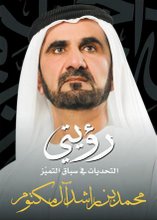

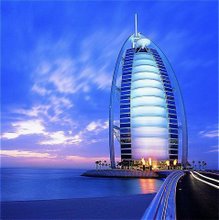
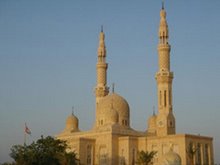
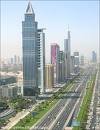
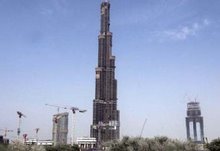
No comments:
Post a Comment